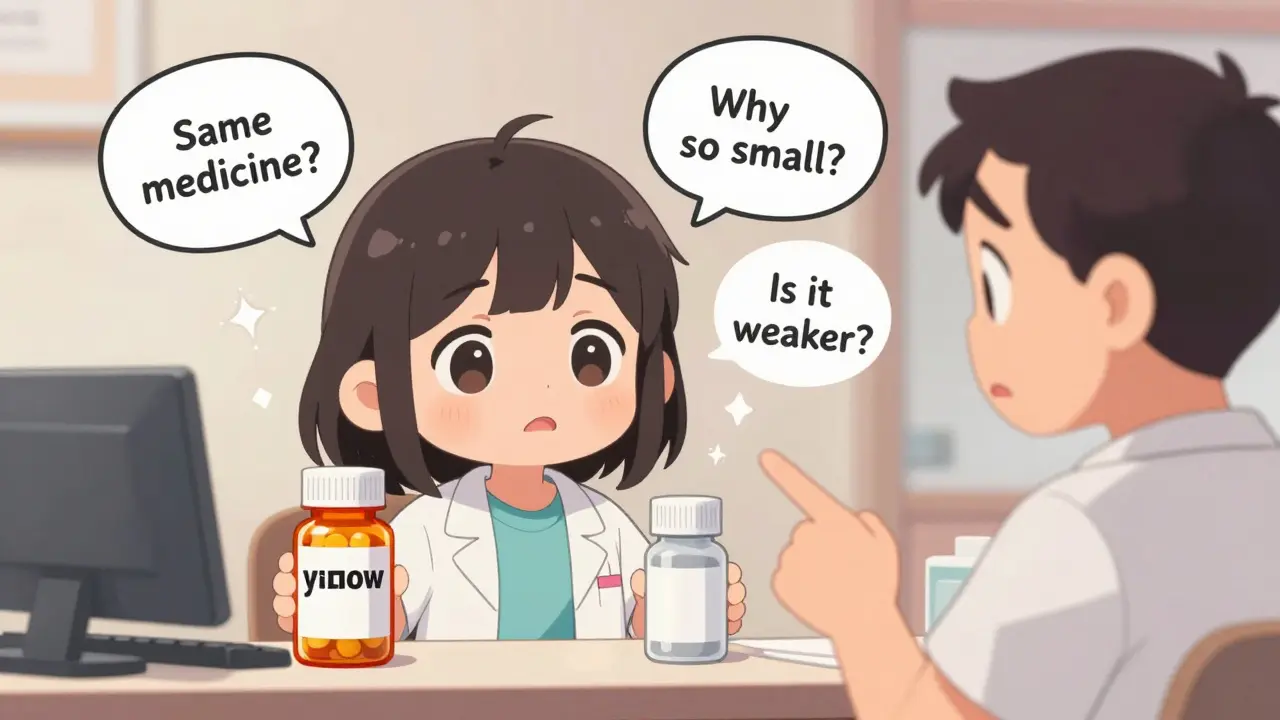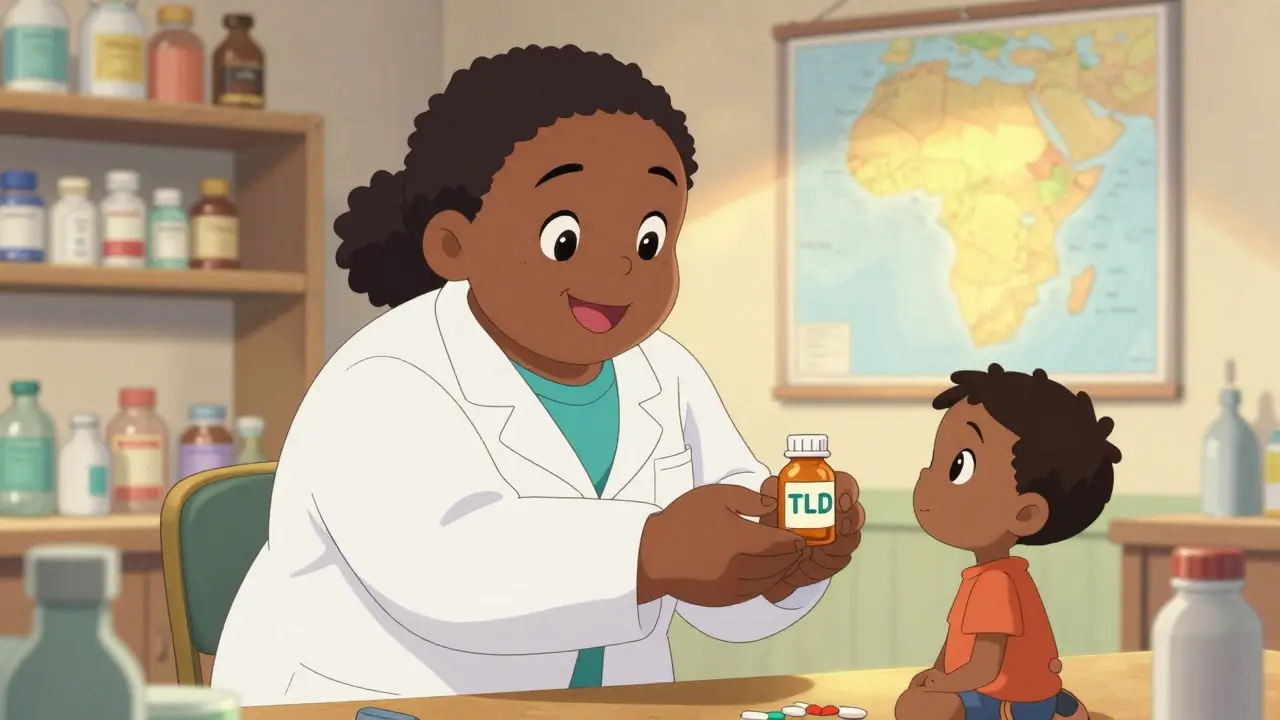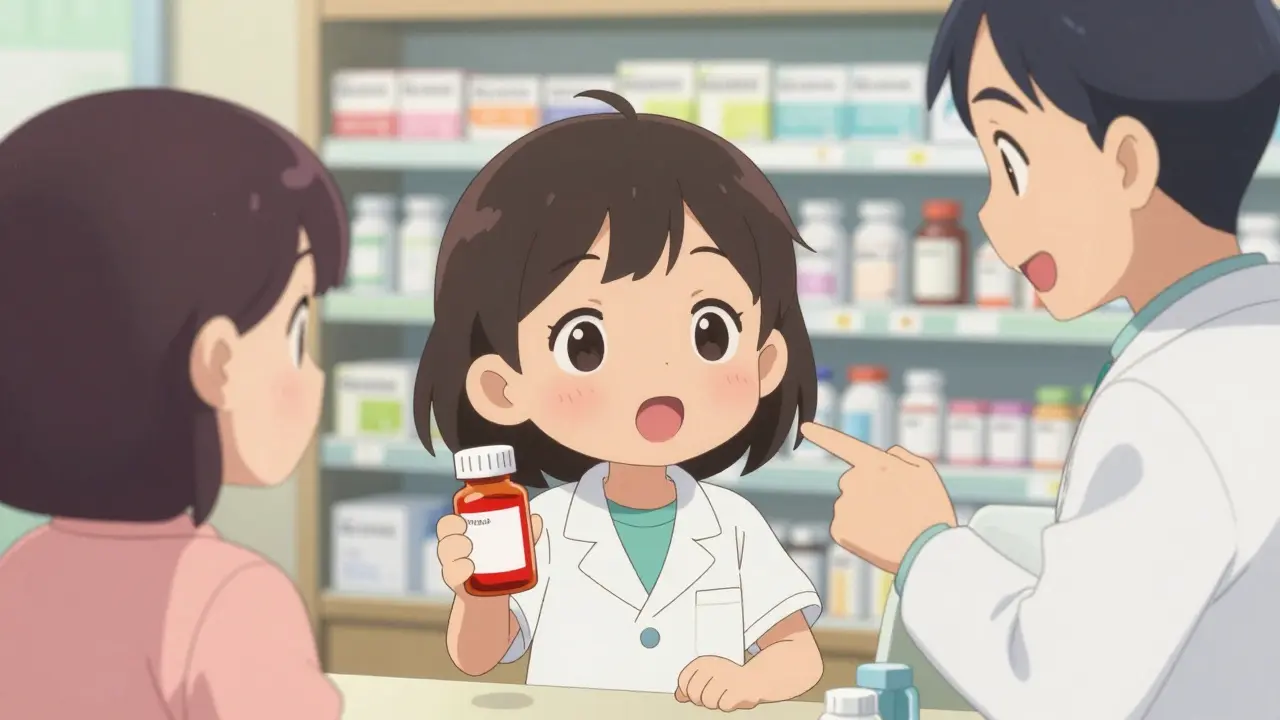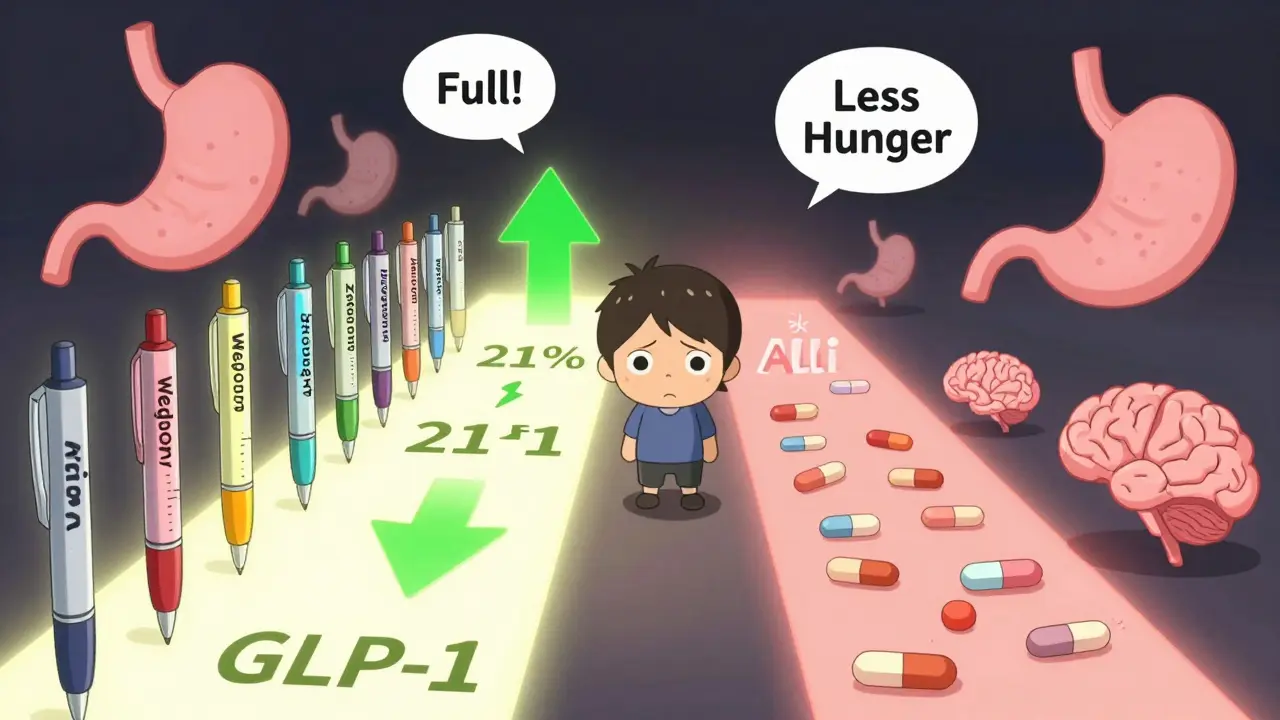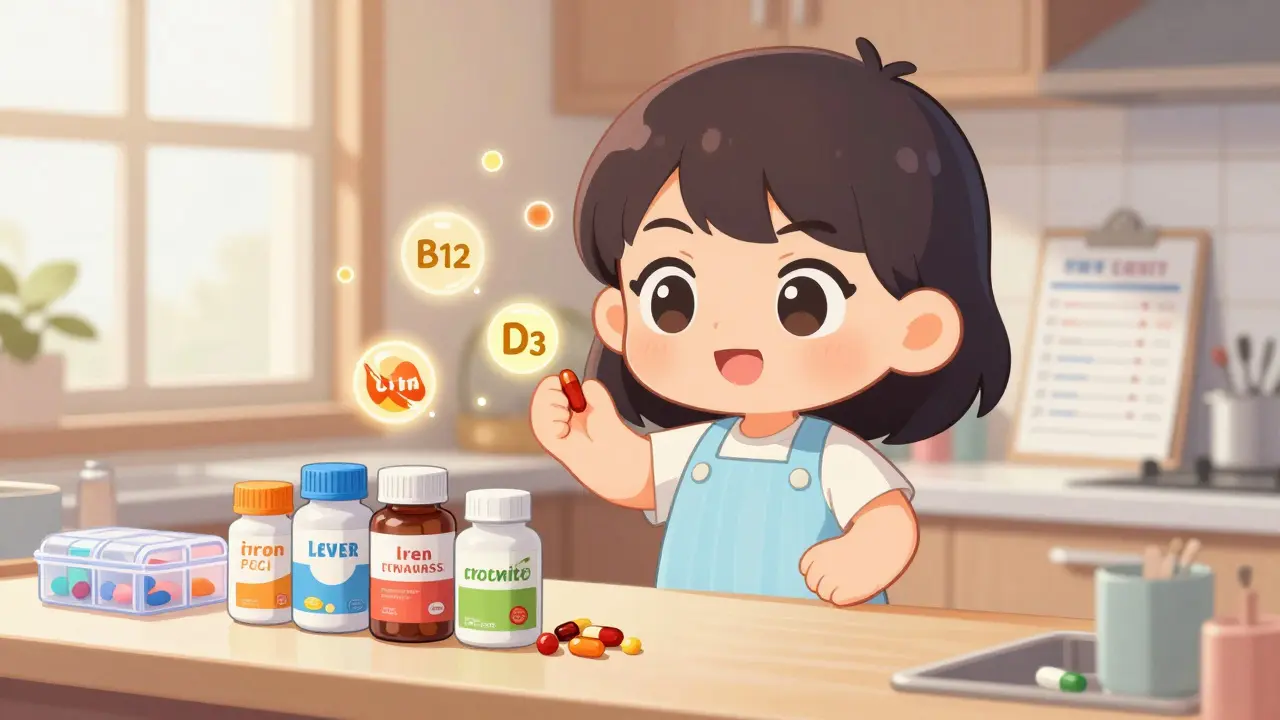Liver Cancer: What It Is and How to Deal With It
When the liver starts growing abnormal cells, that's liver cancer. It can appear on its own (primary) or spread from another organ (secondary). Most people think of cancer as a distant threat, but the liver is a vital organ, so spotting problems early saves lives.
Why the Liver Gets Cancer
Several habits and conditions raise the odds. Chronic hepatitis B or C infection is a big one—those viruses keep the liver inflamed for years. Heavy alcohol use damages liver cells and can lead to cirrhosis, another major risk. Being overweight, having type‑2 diabetes, or a fatty‑liver disease also adds up. If you’ve had any of these, keep an eye on your health.
Signs You Should Not Ignore
Early liver cancer often has no clear symptoms. As it grows, you might feel a dull pain in the upper right belly, notice swelling, or lose appetite. Unexplained weight loss, nausea, and yellowing of the skin or eyes (jaundice) can show up too. If any of these stick around for weeks, talk to a doctor.
Doctors usually start with blood tests that check liver enzymes and a protein called AFP. Imaging is next—an ultrasound, CT scan, or MRI will show if a lump is present. When imaging suggests cancer, a biopsy (tiny tissue sample) confirms the diagnosis.
Treatment depends on the tumor’s size, location, and whether the liver still works well. For small tumors, surgery to remove the cancer or a procedure called radiofrequency ablation (burning the tumor with heat) can be curative. When the tumor is larger or spread, doctors turn to other options.
Locally advanced liver cancer often gets a combination of treatments: trans‑arterial chemoembolization (TACE) blocks the blood supply while delivering chemotherapy directly to the tumor. Systemic therapies like targeted drugs (sorafenib, lenvatinib) or immunotherapy (atezolizumab with bevacizumab) help control disease that can’t be cut out.
Living with liver cancer means paying attention to nutrition and lifestyle. Eat plenty of fresh fruits, vegetables, and lean protein. Cut back on alcohol completely and keep weight in a healthy range. Regular follow‑up appointments let doctors see if the treatment works or if new problems arise.
When should you get screened? If you have chronic hepatitis, a family history of liver cancer, or cirrhosis, annual ultrasound with AFP testing is advised. Screening catches tumors when they’re still tiny and easier to treat.
Bottom line: liver cancer is serious, but early detection and a mix of surgery, local therapies, and modern drugs give many people a chance at longer, healthier lives. Stay informed, watch for symptoms, and keep up with doctor visits if you belong to a high‑risk group.

